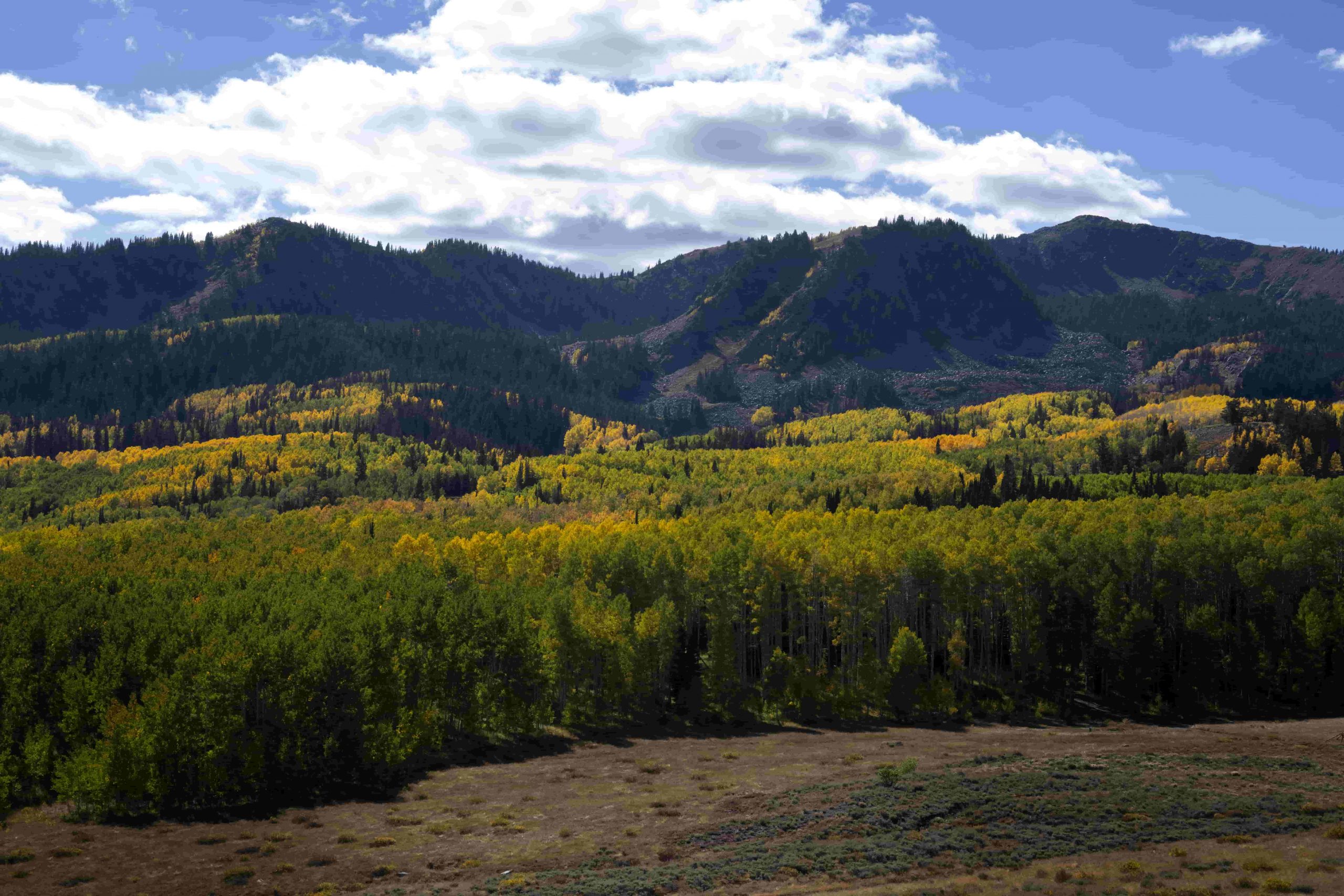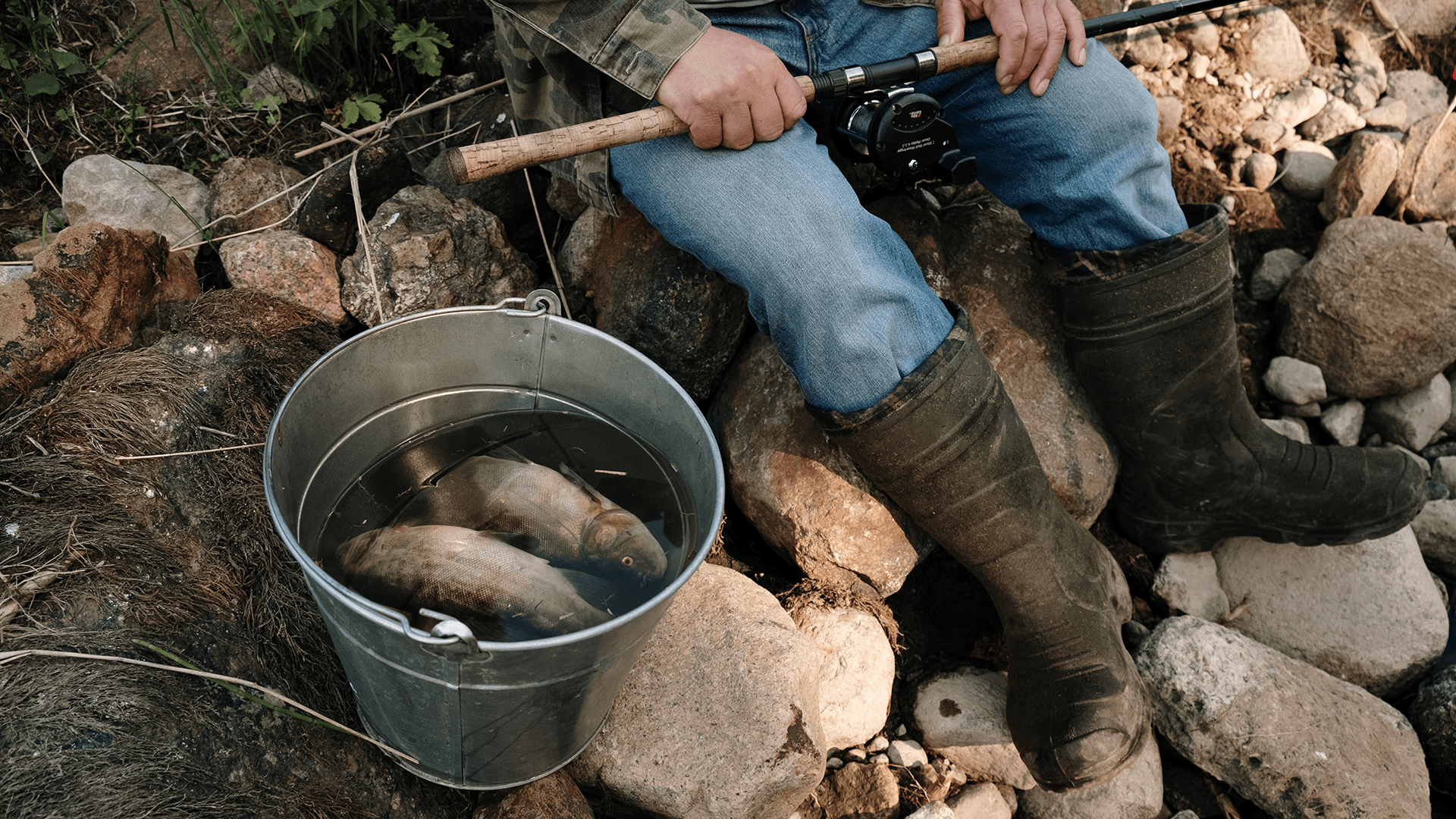
Hunting is an exciting and rewarding outdoor activity, but it requires the right gear to ensure safety, comfort, and success. Whether you’re a seasoned hunter or a beginner, one of the biggest decisions you’ll face is whether to rent hunting equipment or invest in your own. While renting can save money and provide access to high-end gear, owning your own equipment offers familiarity and long-term value.
But which option is better for you? In this article, we’ll explore the pros and cons of renting hunting gear, compare it to buying, and help you determine the best approach based on your hunting frequency, budget, and personal preferences.
The Advantages of Renting Hunting Gear
Lower Initial Costs
One of the biggest advantages of renting hunting equipment is the cost savings upfront. High-quality hunting rifles, optics, clothing, and accessories can be expensive, often running into thousands of dollars. Renting allows you to access premium gear without the financial burden of purchasing everything at once.
For those who hunt only occasionally or are new to the sport, renting is a great way to try out different equipment before making a major investment.
Access to High-End Equipment
Many hunting outfitters and rental services offer top-tier equipment, including high-performance scopes, camouflage clothing, GPS devices, and rifles that might be out of reach for many hunters due to their price. Renting allows you to experience the best gear available without committing to a large purchase.
If you’re hunting in extreme conditions—such as a winter expedition or a big-game hunt in Alaska—renting specialized gear for the trip makes more sense than buying expensive items you may never use again.
No Maintenance or Storage Hassle
Owning hunting gear comes with the responsibility of upkeep. Firearms need to be cleaned, bows must be restrung, and clothing requires proper storage to maintain camouflage effectiveness.
Renting eliminates these concerns, as the provider handles maintenance, repairs, and proper storage. This is particularly beneficial for hunters who lack space at home or don’t want to deal with the logistics of storing large and bulky equipment.
Try Before You Buy
For those unsure of what gear suits them best, renting offers the perfect opportunity to test different brands, models, and styles before committing.
For example, rifles and scopes vary significantly in feel and performance. Renting allows you to experiment with different setups without regretting a costly purchase.
The Disadvantages of Renting Hunting Gear
Long-Term Costs Add Up
While renting saves money upfront, it can be more expensive over time. If you hunt multiple times a year, the cost of rentals can quickly surpass the price of buying your own equipment.
For example, if renting a high-end rifle and optics costs $200 per trip, and you hunt five times a year, that’s $1,000 annually—money that could be used toward owning a great firearm.
Limited Availability
During peak hunting seasons, rental options may be limited. Popular gear gets booked quickly, leaving you with fewer choices.
Unlike owning your own gear, which allows for last-minute trips, rental availability may dictate when and where you can hunt. If you rely on rented equipment, you’ll need to plan ahead and reserve your gear early.
Less Personalization
Hunters develop a connection with their gear over time. Whether it’s the way a rifle fits in your hands, the adjustments made to a bow, or the custom modifications to boots and clothing, owning your own equipment provides a level of familiarity and comfort that rentals cannot.
Rentals may not be adjusted to your specific preferences, and using different gear every time can impact consistency and performance in the field.
Potential Wear and Tear Issues
While most rental services maintain their gear, rented items may show signs of wear and tear. Scratched scopes, loose rifle mounts, or faded camouflage clothing can affect performance and comfort.
Unlike your own well-maintained gear, rented equipment might not be in perfect condition when you pick it up. Always inspect rental items before heading into the field to avoid surprises.
Investing in Your Own Hunting Gear: Is It Worth It?
Buying your own hunting gear is a commitment, but for many, it’s the best long-term choice. Here’s why:
- Personal Fit and Customization – Your own rifle, boots, and clothing will fit perfectly, improving comfort and accuracy.
- Cost Efficiency Over Time – Frequent hunters save money by owning rather than renting.
- No Rental Hassles – You have your gear whenever you need it, with no waiting lists or availability concerns.
- Sentimental Value – Many hunters form a deep connection with their gear, passing items down through generations.
That said, if you’re just starting out, renting might still be the best choice until you figure out what works best for you.
So, Should You Rent or Buy?
The decision ultimately depends on how often you hunt, your budget, and your long-term goals.
- If you hunt a few times a year, travel frequently, or want to try different gear before committing, renting is a smart option.
- If you hunt regularly and prefer consistency, comfort, and customization, buying your own equipment makes more sense.
For some, a combination of both works best. You can invest in essential personal gear—like boots, camouflage clothing, and accessories—while renting high-end rifles, scopes, or specialty gear for specific trips.
By carefully weighing the cost, convenience, and practicality, you can make an informed decision that suits your hunting lifestyle.
Conclusion
Both renting and buying hunting gear have clear advantages and drawbacks. Renting offers flexibility, access to premium equipment, and eliminates maintenance worries, making it ideal for occasional hunters or those testing different setups. However, over time, rental costs add up, and the lack of personal familiarity with rented gear may impact performance.
For those who hunt regularly, investing in personal equipment offers long-term savings, better comfort, and consistency in the field. While the initial costs may be higher, the reliability and customization of personally owned gear often outweigh the benefits of renting.Ultimately, the best choice depends on your hunting habits, budget, and priorities. Whether you choose to rent, buy, or mix both approaches, having the right gear is essential for a successful and enjoyable hunting experience.






